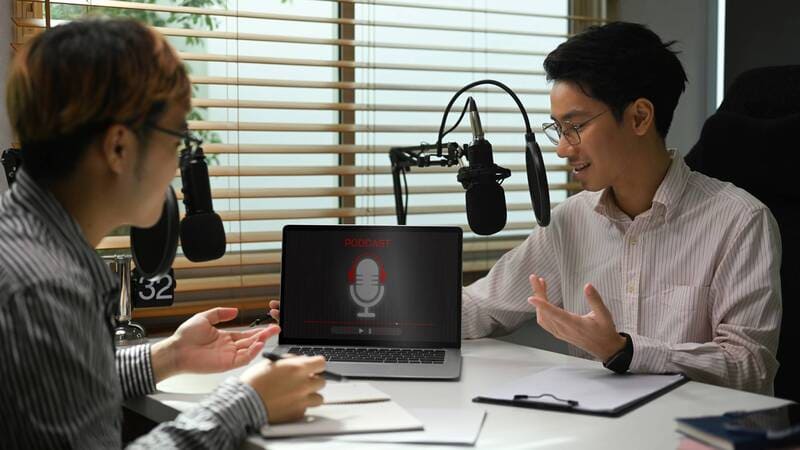Listening English, when combined with analysis, will load your brain with phrases you acknowledge and will become able to utilize.
Table of Contents
ToggleYou may want to imitate the strange word or expression aloud, even as you pay attention. This is, in some cases, referred to as shadowing.
Yet it would help if you had much more practice getting words out. Listen for a few minutes to the content for which you have the records, where you like the voice, and the means the individual talks.
After paying attention:
- Read the same text aloud, trying to copy the individual’s speech method.
- Concentrate on rhythm and articulation.
- Don’t worry about words you mispronounce; get the rhythm and circulation.
Do this over. It’s a lovely day today.
Imitation is the key to Learning languages.

Did you understand that if you imitate somebody’s accent, you’ll be able to understand better what they state? As Playwright George Bernard Shaw said, “Replica is not just the sincerest kind of flattery – it’s the sincerest form of discovering.”
That’s what psycho-therapists at the UK’s College of Manchester and Holland’s Radboud University found in a study in 2010. The results revealed that mimicking the individual you’re talking with assists your speech comprehension.
So, for language learners, this suggests it’s ideal to practice your discussion skills with a native audio speaker.
Imitation speeds up learning.

In the 1970s, American psychologist Andrew N. Meltzoff recognized supposed ‘social finding,’ where individuals or pets observe and, after that, replicate their pals.
“Reproduction enhances understanding as well as multiplies finding possibilities,” he kept in mind. “It is quicker than specific exploration and much more secure than discovery by trial and error.
Record Yourself:

Using words is more important than pronunciation. Nonetheless, we all like to service obtaining closer to the accent of the native speaker, although we will not rather arrive.
To work with pronunciation, you can practice tape-recording occasionally, perhaps once or twice a month, but only sometimes.
Find the content of interest at LingQ, listen to the sound, review the same web content aloud, and record on your own.
Pay attention to the distinctions. This is your chance to deal with specific audios. It is important to observe words you mispronounce and attempt to discover these noises when paying attention to the language.
You will have a far better chance of articulating them appropriately if you notice them.
Note: Want to read a story?
Then let’s read The Story of Strong or Weak.
















